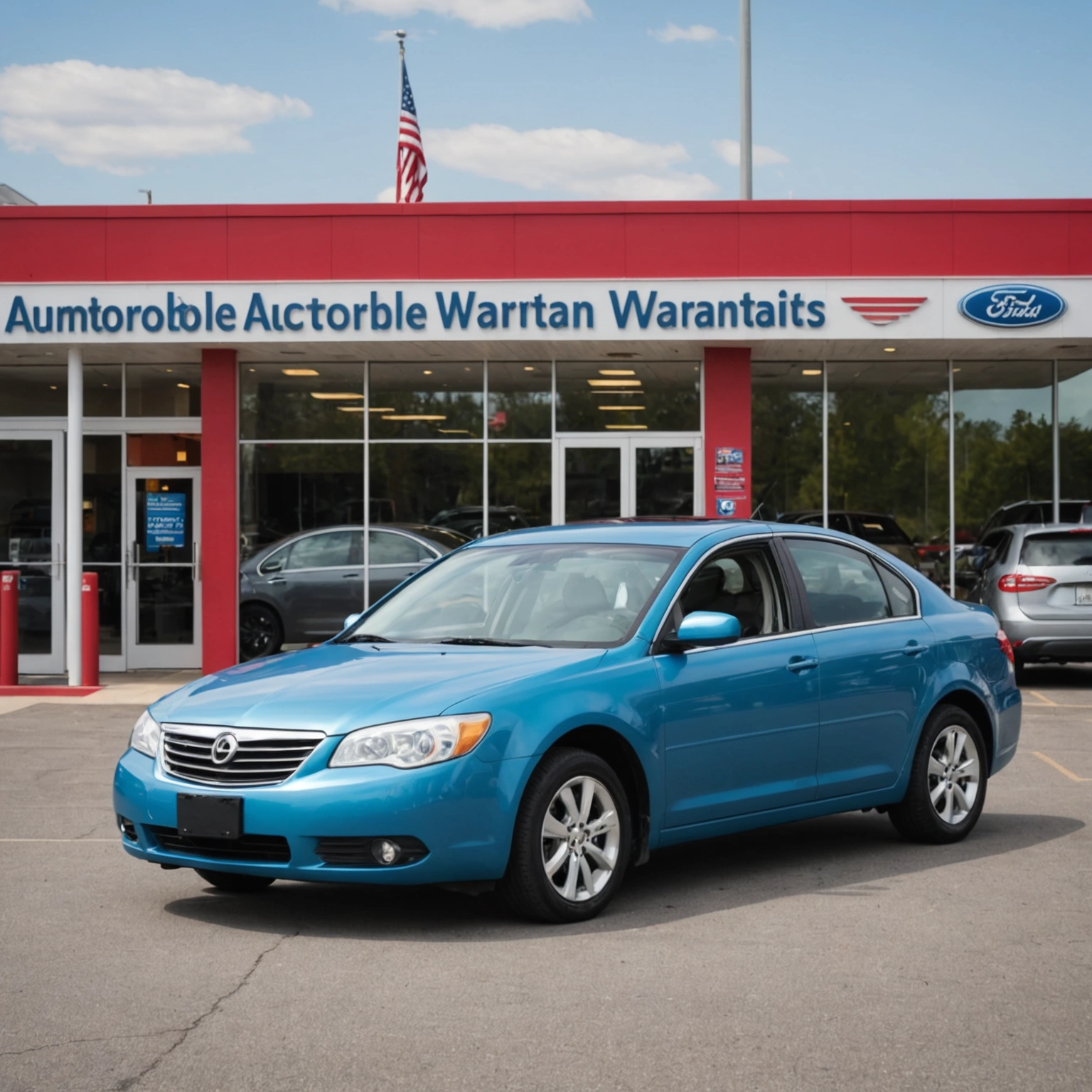**Are Automobile Extended Warranties Worth It? An In-Depth Look**
When purchasing a new or used vehicle, one of the decisions many buyers face is whether to opt for an extended warranty. These plans, often offered by dealerships or third-party providers, promise to cover repair costs beyond the manufacturer’s standard warranty. But are they worth the investment? Let’s explore the pros, cons, and factors to consider.

### What Is an Extended Warranty?
An extended warranty, also known as a vehicle service contract, is a plan that covers certain repairs and maintenance after the manufacturer’s original warranty expires. Coverage varies widely but can include engine, transmission, electrical systems, roadside assistance, and more. They can be purchased at the time of vehicle sale or later on.

### Pros of Extended Warranties
1. **Peace of Mind:** Knowing that major repairs are covered can reduce stress and unexpected expenses.

2. **Budgeting:** Fixed payments for extended coverage make it easier to plan your finances.
3. **Potential Savings:** For expensive repairs, an extended warranty can save thousands of dollars.

4. **Convenience:** Some plans include roadside assistance, rental car reimbursement, and towing services.
### Cons of Extended Warranties
1. **Cost:** Extended warranties can be expensive, with prices often ranging from a few hundred to several thousand dollars.
2. **Limited Coverage:** Many plans exclude certain parts, conditions, or types of damage. It’s crucial to read the fine print.
3. **Overlap with Manufacturer’s Warranty:** If the manufacturer’s warranty is still in effect, the extended plan may be redundant.
4. **Sales Tactics:** Dealerships and third-party providers may push these plans aggressively, sometimes leading buyers to purchase unnecessary coverage.
### Is It Worth It?
Determining whether an extended warranty is worth it depends on several factors:
– **Vehicle Reliability:** Research the make and model’s reliability. Some brands and models are more prone to issues, making coverage more valuable.
– **Ownership Length:** If you plan to keep the vehicle for many years past the manufacturer’s warranty, an extended plan might be beneficial.
– **Driving Habits:** High-mileage or demanding driving conditions can increase wear and tear, raising the likelihood of repairs.
– **Cost-Benefit Analysis:** Compare the cost of the extended warranty to potential repair costs. If the plan covers major components and repairs that are common for your vehicle, it might be a good investment.
### Tips for Choosing an Extended Warranty
1. **Assess Your Needs:** Consider your vehicle’s reliability, age, and your driving habits.
2. **Read the Fine Print:** Understand what is covered, what’s excluded, deductibles, and claim procedures.
3. **Shop Around:** Get quotes from multiple providers, including the manufacturer, third-party companies, and your insurance provider.
4. **Check Reviews:** Look for customer feedback regarding claims processing and service quality.
5. **Negotiate:** Sometimes, prices and coverage can be negotiated, especially at the dealership.
### Final Thoughts
Extended warranties can be a worthwhile investment for some drivers, offering peace of mind and protection against costly repairs. However, they are not necessary for everyone. Carefully evaluating your vehicle, driving habits, and the specific coverage options will help you decide whether an extended warranty aligns with your needs and budget.
**Remember:** The key to making an informed decision is thorough research and understanding what you’re buying. When in doubt, consult with trusted automotive professionals or experienced vehicle owners to gather insights tailored to your situation.
—

